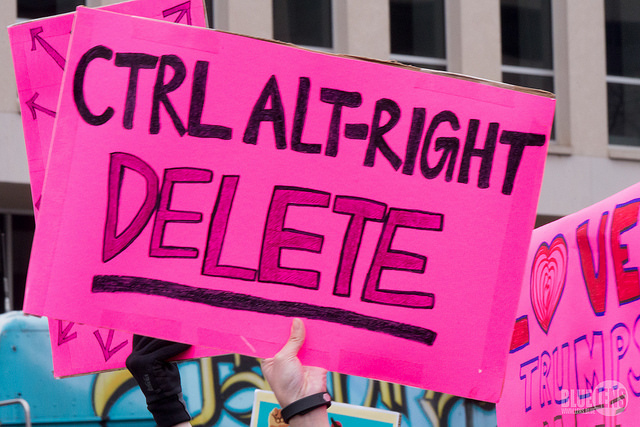
Americans’ views on race and racism have changed in many ways from those during the Civil Rights movement in the Jim Crow era. Today, most Americans agree that racism is not acceptable, and social norms have generally dictated that racist ideologies should not be part of the mainstream of American culture. Social norms are supported by institutions and leaders, however, and recent controversies over organized white supremacist groups call their stability into question. In The New York Times’ Upshot blog, sociologists Tina Fetner and Sarah Sobieraj describe how quickly these norms can change, especially amid criticism that the Trump administration has been slow to condemn white supremacist groups. From Fetner:
“It’s not because all of a sudden there is more racism now than there was a few weeks ago. It’s that the absolute condemnation of those most abhorrent views is crumbling away…”
And from the article:
“When norms of acceptable behavior and speech start to shift, it can disturb the shared beliefs, values and symbols that make up our culture.”
Leaders and institutions have the power to respond to controversy or to ignore it. Either way, their actions can change whether ideas appear to be part of the mainstream or the fringes of a society.

Comments 1
instagram video downloader — August 30, 2017
Thanks for publishing such useful information.